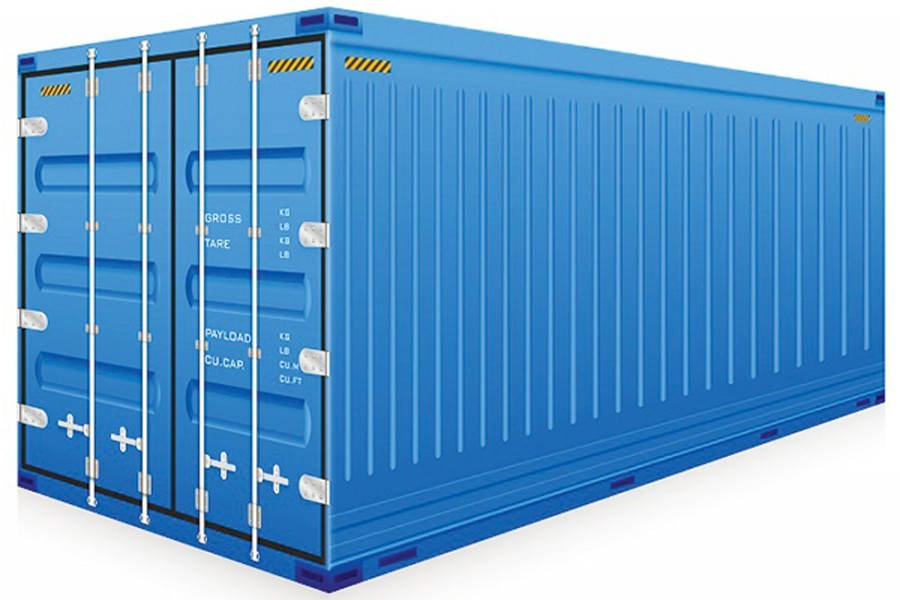Bangladesh has backtracked 25 positions in the global Economic Complexity Index (ECI) in a decade, which reflects its poor progress in economic diversification in terms of exports.
The country was ranked 123rd among 129 states in the ECI 2017, whereas it was 98th in the ECI 2008.
Bangladesh's position witnessed a gradual fall, as it gained -1.71442 points in 2017, which was -0.936713 in 2008.
The latest report of the ECI was published this month.
The ECI measures knowledge intensity of an economy by considering the knowledge intensity of the products it exports.
The index was developed in 1980s by Cesar A Hidalgo, from MIT Media Lab, and Ricardo Hausmann, from Harvard University.
The ECI has been validated as a relevant economic measure by showing its ability to predict future economic growth and to explain international variations in income inequality.
Countries like India, Vietnam, Pakistan, Ethiopia and Zambia, however, are ahead of Bangladesh in the ranking.
Japan has been able to keep the number one position in the ECI for the last two decades, as it gained the top 2.30938 points in the ranking.
Switzerland and Germany have been ranked second and third respectively.
Executive Director of Economic Research Group (ERG) Dr Sajjad Zohir said: "Bangladesh made shipment of products worth US$ 39.4 billion and was the 54th largest export economy in the world in financial year (FY) 2017-18. But, only one product - ready-made garment (RMG) - comprises more than 82 per cent of its income."
He said the index might consider diversification of export basket.
The ECI is based on qualitative performances of an exportable item, like - its production aspects, technology and resources in manufacturing stage.
The more complex and diversified an exportable product is in its production stage, the more point it will gain, Dr Zohir also said.
"But the backward linkages of the country's RMG sector are not reflected in the index."
"However, Bangladesh should take lesson from the ranking that it is not resilient to external shocks in terms of export, as it depends on one product only for its export economy," he added.
Centre for Policy Dialogue (CPD) Research Director Dr Khandoker Golam Moazzem said the country's key export-earning sector - RMG - is also not so diversified.
Knit T-shirts, non-knit suits, knit sweaters, non-knit shirts, and trousers and shorts of men and boys are some key earning RMG products.
He opined that the government's policy on RMG export is very much highlighted, but policies on the non-RMG sectors are not so emphasised.
"We have only 100 categories of products, which can be mentioned as export earning segments."
The country should set a target to make at least 10 non-RMG sectors able to fetch one billion dollar each in the next ten years, Dr Moazzem further said.
"Non-RMG items, like - footwear, jute products, light engineering products, fresh produce, fishes, processed foods and others, have great potentials, which we are yet to tap."
Bangladesh needs to enact sector-based policies to ensure its export diversification, which is also unavoidable to attract more investment in future, he added.
However, exports earning of the country's few key non-RMG sectors, like - jute and shrimp, witnessed a 25 per cent and 11 per cent decline respectively in the first eight months of the current financial year (FY 19) over that of FY 18.
Only the leather and leather products (including footwear) sector is likely to fetch one billion dollar in this FY after RMG.


